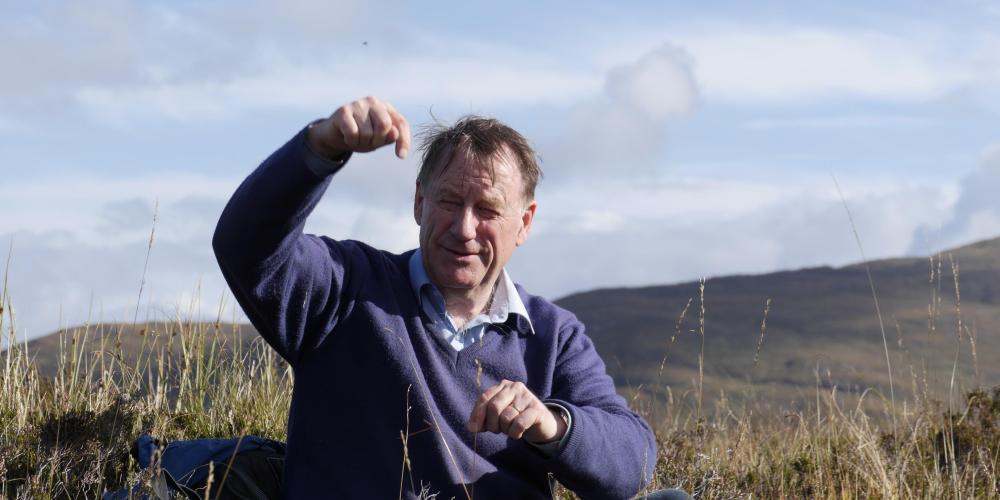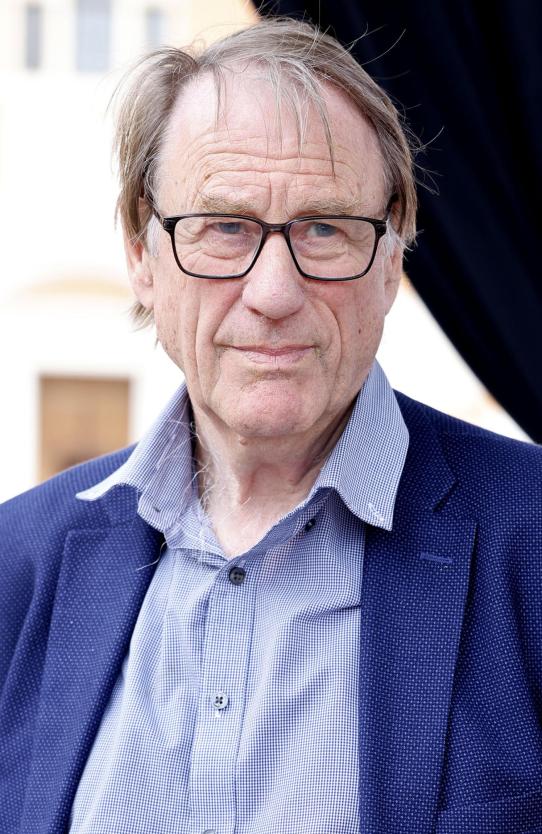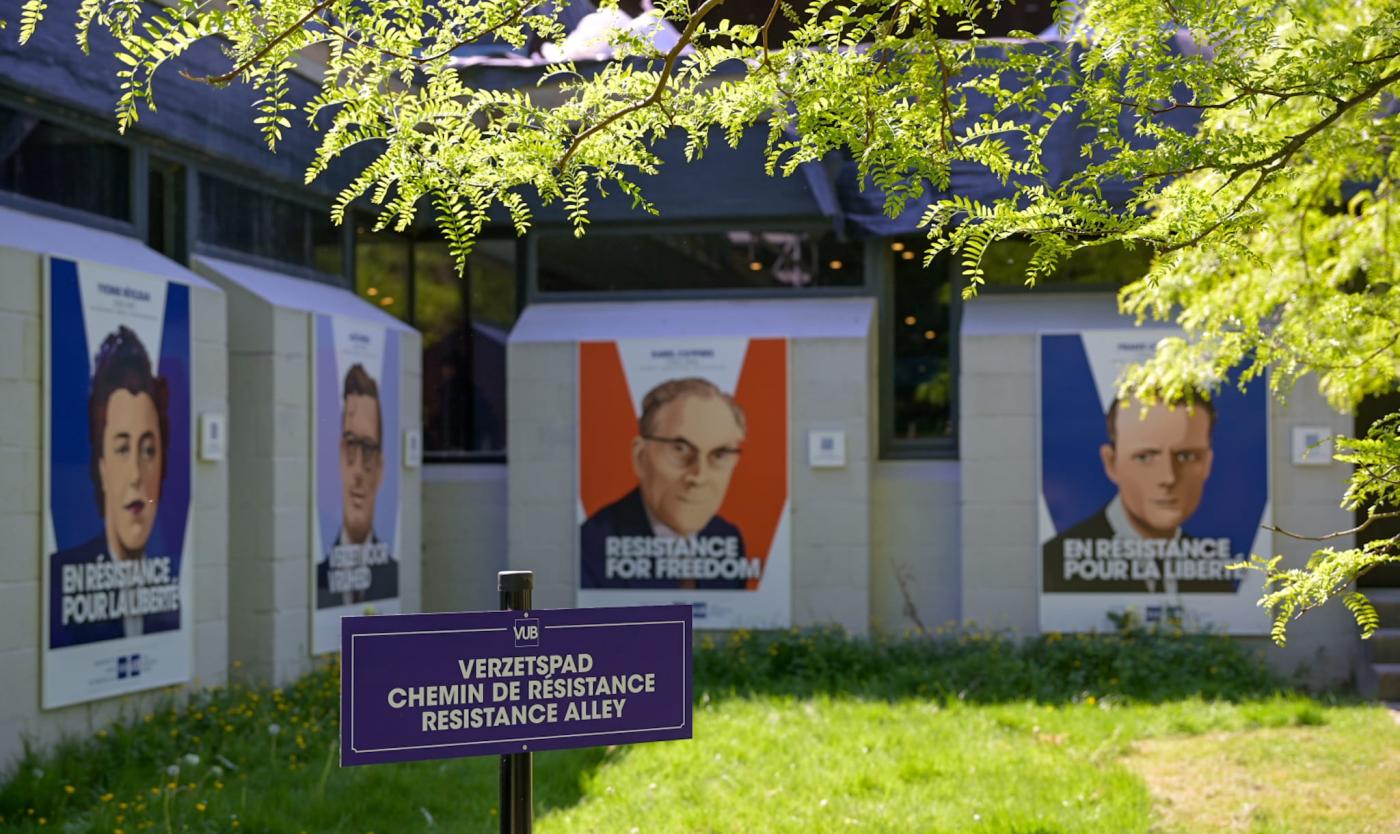
Anthropologist Tim Ingold, Emeritus Professor of Social Anthropology at the University of Aberdeen, will deliver a lecture and participate in a discussion on 3 March. He advocates for a "new humanism," which shifts the Enlightenment's doctrine of progress towards sustainability thinking. "We will need to fundamentally reorganise both our education system and our democracy," he argues.
Attend Tim Ingold's lecture ‘Manifesto for a new humanism’ on 3 March 2025
Dominion over the world—this, according to Enlightenment philosophers, was humanity's destiny. This doctrine of progress enabled remarkable advances in science and technology, significantly improving millions of lives. However, it came at a cost: increasing social inequality and environmental degradation. Today, Tim Ingold asserts, that cost has become unsustainable.
"Many proponents of the humanist tradition advocate for an alternative, post-humanist vision. Post-humanism is a broad church encompassing many viewpoints, but they all share one thing: criticism of anthropocentrism—the idea that humans are central—and exceptionalism—the belief that humans are fundamentally different from and superior to other living beings—promoted by Enlightenment philosophers."
Does post-humanism, then, knock humans off their pedestal?
Tim Ingold: "Yes, but it goes to the opposite extreme: it collapses the distinctions between human and nonhuman, and between society and nature."
And you have your own criticisms of this perspective?
"Exactly. I believe it absolves humans of their responsibility for the life around them. This line of thinking offers little help to future generations who wish to see the world flourish. Sometimes, it even reeks of despair: 'We've ruined everything, we have no moral authority, we should step back—it's all doomed anyway.' That mindset gets us nowhere."
You propose a "new humanism." How does that differ from post-humanism?
"I argue that humans are indeed exceptional among living beings. Precisely because of this, we bear a unique responsibility: to care for the world around us. I suggest we positively explore what we, as humans, can do and what role we might play in shaping the planet's future."
"The divide between education and democracy is tearing our societies apart"
What sets humans apart from other creatures?
"Humans possess a narrative capacity. In every society, stories are told about the world's origins and the roles of our ancestors and other living beings in it. These stories are passed down from generation to generation. Humans have this ability to weave their personal life stories and experiences with those of others, creating an ongoing story for the world. I often compare it to a choir. People sing their own lines but can simultaneously hear the entire choir. Other creatures hear only their own lines and those of beings directly connected to them. This unique capacity gives us, as humans, a responsibility that is, in the truest sense of the word, exceptional."
So humans are central after all?
"Yes, but not in the way Enlightenment philosophers understood it—as masters towering over and apart from the world. The new humanism embraces anthropocentrism in its literal sense: we can only exercise our responsibility from within the heart of our living world. At the centre of it, not separate from it. The new humanism strives for coexistence and sustainability rather than domination and progress."
Is this new humanism part of a broader movement within humanism?
"Not really, though others do propose similar ideas. And by 'new,' I don't mean a passing trend. I’m referring to a humanism rooted in renewal and rejuvenation. It’s about finding ways to bring the past into the future rather than simply leaving it behind."
Can you give a concrete example?
"One aspect I’ve explored in my book The Rise and Fall of Generation Now is how generations overlap and collaborate. Our society views generations as distinct layers in a stack. With each new generation added, the previous one sinks further into the past. This view is typical of modernity."

Photo: Serena Campanini
Was it different in the past?
"In earlier times, different generations lived and worked together under the same roof. Elders passed their stories and experiences down to the children. That has changed, and I find the consequences tragic. It has driven generations apart. Inspired by the new humanism, we need to find ways to bring generations together again so their lives overlap and they can forge a shared future. Imagine generations as interwoven strands of the same rope."
There are experiments that combine nurseries, schools, and care homes in one building.
"Exactly. And speaking of education: that, too, requires fundamental rethinking. Currently, the system has one goal—not to secure life's continuity but to prepare children to participate in the neoliberal order, a system that exacerbates social inequality and harms nature. Education should be about how society secures its future."
How would that look in practice?
"I wish I had the answer. What I do know is that the current system doesn’t work; it’s unsustainable and failing people. I can envision an alternative. But how to transition from one to the other? That’s the real challenge."
You also call for a rethinking of democracy?
"The divide between education and democracy is tearing our societies apart. They seem to be evolving in opposite directions: education is seen as serving the meritocratic elite, while democracy veers into populism. We need to reimagine both as ways to move forward together in difference. Life should become a kind of public conversation, where everyone has their own voice, and voices emerge in response to one another."
That sounds vague. Don’t decisions ultimately have to be made?
"Of course, decisions must be made. But these decisions should emerge from conversations among people connected by shared experiences, places, and institutions. The nation-state might be too large to organise politics in this way. Perhaps cities are of the right scale. This applies to production and distribution as well. In cities, people live close together. In the future, they’ll grow their own food more often or live and work near sites of its production. We need to figure it all out, especially as global neoliberalism crumbles. It’s a mess, and no one seems to know in what direction we’re heading."
In your work, you explore the interconnectedness of people and nature, which, etymologically speaking, is "the mother of all things" (natus meaning "born"). To paraphrase Frank Zappa: religion’s not dead, it just smells funny?
"I was raised in an atheistic family and have no connection to the church as an institution, but I do find inspiration from colleagues with an academic background in theology. They grapple with the same issues I do and sometimes reach similar conclusions. That was a big surprise for me. The amor mundi, the love of the world, has become increasingly central to my thinking: the sense of being part of a greater existence. If someone calls that 'God’? Well, that’s fine. I won’t argue with them."
What do you call it?
"I’d describe it as 'truth.' Not in the sense of an objective truth that can be scientifically discovered, as Big Science believes. Instead, I see it as the unison of experience and imagination in a world that is alive to us and to which we are alive. I think we’re all seeking that truth, but we’ll never find it because it’s so much greater and more expansive than we are."
How does that search manifest in your own life?
"When I’m walking, reading a book, or wrestling with an idea I’m trying to put into words, and I ask myself what drives me to do it—that’s it."
Book your ticket for Tim Ingold's lecture ‘Manifesto for a new humanism’ on 3 March 2025
The world needs you
This initiative is part of VUB's public programme: a programme for everyone who believes that scientific knowledge sharing, critical thinking and dialogue are an important first step to create impact in the world.
As an Urban Engaged University, VUB aims to be a driver of change in the world. With our academic edcuational programmes and innovative research, we contribute to the Sustainable Development Goals of the United Nations and to making a difference locally and globally.
Create more impact Receive invitations for VUB's public activities

